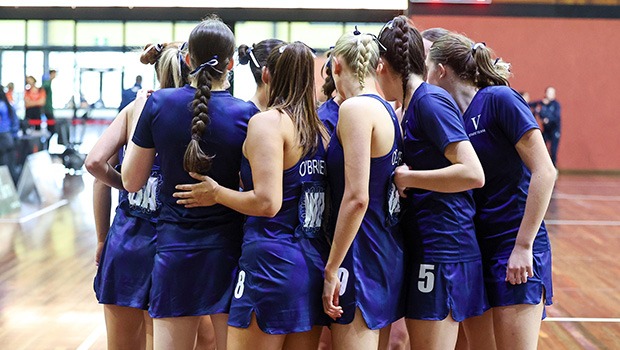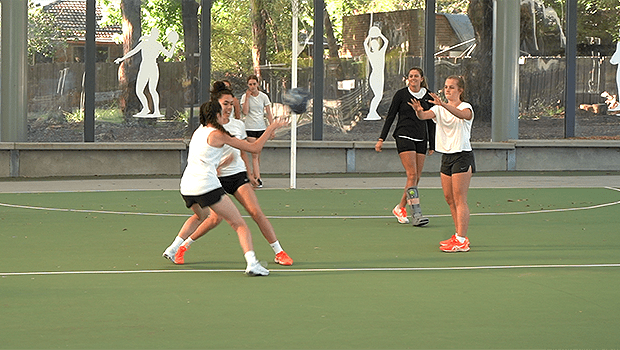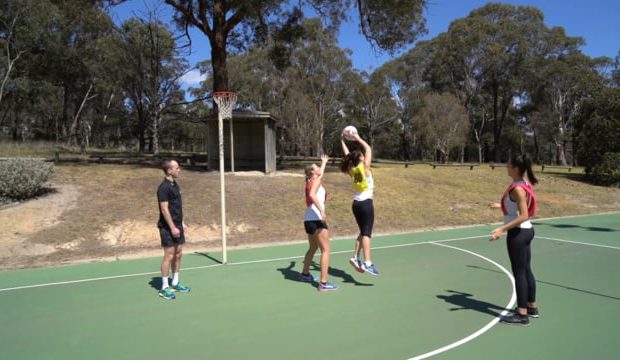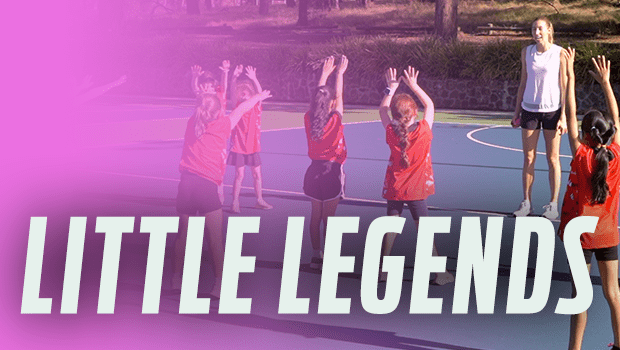– by Heath Brown
Is being away from home for a season the best way to win a flag?
When we look at the premiers from the last two pandemic-plagued Suncorp Super Netball seasons, it’s hard to ignore that they were amongst the two heaviest-hit franchises.
The Vixens’ 2020 flag came as Victoria started its second longest lockdown while the rest of Australia was relatively open. A year later the 2021 Swifts team won their title as NSW was locked out of the rest of the country. If you look at many other codes, the trend mirrors this. The Storm and the Panthers in the NRL and the Tigers and the Demons in AFL.
So what is it about ‘hub life’ that makes champion teams?
FAMILY BONDS
Anyone who has been away with a state or national team – or even a junior tournament – knows the bond that comes with living in the team environment. They are the best times of an athlete’s life and is our version of the Olympic Village buzz. In that week or so away, you form lifetime bonds to the point you get a bit of separation anxiety when it’s time to go back to your non-sporting family and friends. Extrapolate that out over a season and the bonds becomes even more steely. This bond is commonly termed “family” and it’s tangible on the outside to view a team that has it. Not all ‘hubbed’ teams bond as tightly as others, but all have the opportunity to. So how can you emulate hub life in preparing your teams? Is it a pre-season or mid-season camp? Is it a finals sleepover?
SHARED EXPERIENCES
“Shared experiences” is the new buzz phrase for many high performance experts and sports psychs around the world. It proposes that when teams create a team environment that interconnects its athletes’ experiences into one entity, the outcome is a team wanting to achieve for each other. It builds a team of individuals who share their challenges for the team to support overcoming them. It creates a team whose mini failures don’t define them or become heavy, because every individual shares accountability for turning it around. Hub life makes cultivating these experiences much easier, as everything is shared.
400+ DRILLS: SIGN UP NOW TO ACCESS ALL OF OUR COACHING VIDEOS!
Emulating this in the normal team environment is best achieved by making sure you assign responsibilities to the playing group to resolve. Rely on your captains to motivate their team to find and tackle challenges together, alongside the coaches. And ensure everyone feels safe to speak up.
PATRIOTIC PERFORMERS
When premiership-winning captains reel off their acceptance speeches, you always hear the customary “thanks to the fans and our sponsors”. But pandemic premierships brought back the true meaning of this, and woke up a level of patriotism for their home states we rarely see in the modern day athlete, stemming from the knowledge that their wins were bringing joy to communities that had little to celebrate. Sponsors and fans become backseat thankyous, while the locked down families and populations of the state become the real patriotic drivers. I have rarely seen a team more connected to their community than the recent Panthers win in NRL – the emotion heightened by having boys who grew up in their beloved Penrith region. When the name you wear on the front of your shirt means more than the one on the back – that’s when you know you have something bigger than a premiership.
One way to build patriotism outside of hub life is with community and ‘giving back’ programs – inspiring your athletes to become invested in the future generation of athletes. Similarly, a healthy quota of localised talent making it to the top team can also drive this – something that is so difficult in the modern athlete as loyalty to hometown often comes second to new networks and best offers.
SACRIFICE STIMULANTS
Another high performance buzz word is sacrifice, and it is often highlighted as a critical input to drive outputs. The concept is that those who sacrifice something for a goal (ie winning a premiership) are more invested and pegged to that goal at all stages of a season. The bigger the sacrifice, the bigger the desire to succeed so it’s “worth it”. There are few bigger sacrifices than saying goodbye to loved ones and uprooting your existence for several months.
Teams can incorporate sacrifice as a source of increasing motivation (and in turn performance) in many ways. Linking strength, nutrition and conditioning goals to a sacrifice is the most common (eg sacrificing personal time for gym, sacrificing decadent eating habits for healthy bites).
HOME GROUNDS
One of the things New Zealand’s All Blacks do when playing anywhere in the world is to pay respect to the first nations people of that region and respecting their culture while bringing a piece of their home culture with them (ie the haka). In doing this, they say they make home ground anywhere they go. Hub life has taught netballers from all franchises how to generate momentum within a team rather than rely on the preferences of a crowd, as most teams were away from home.
This is a hard one to teach when most of us won’t play in front of crowds until we make it big. But grassroots players still get the yips at the thought of their parents or partner watching a finals game. Teach players to enjoy the energy, whether for them or against them, and focus on processes and plays, not boos and cheers.





